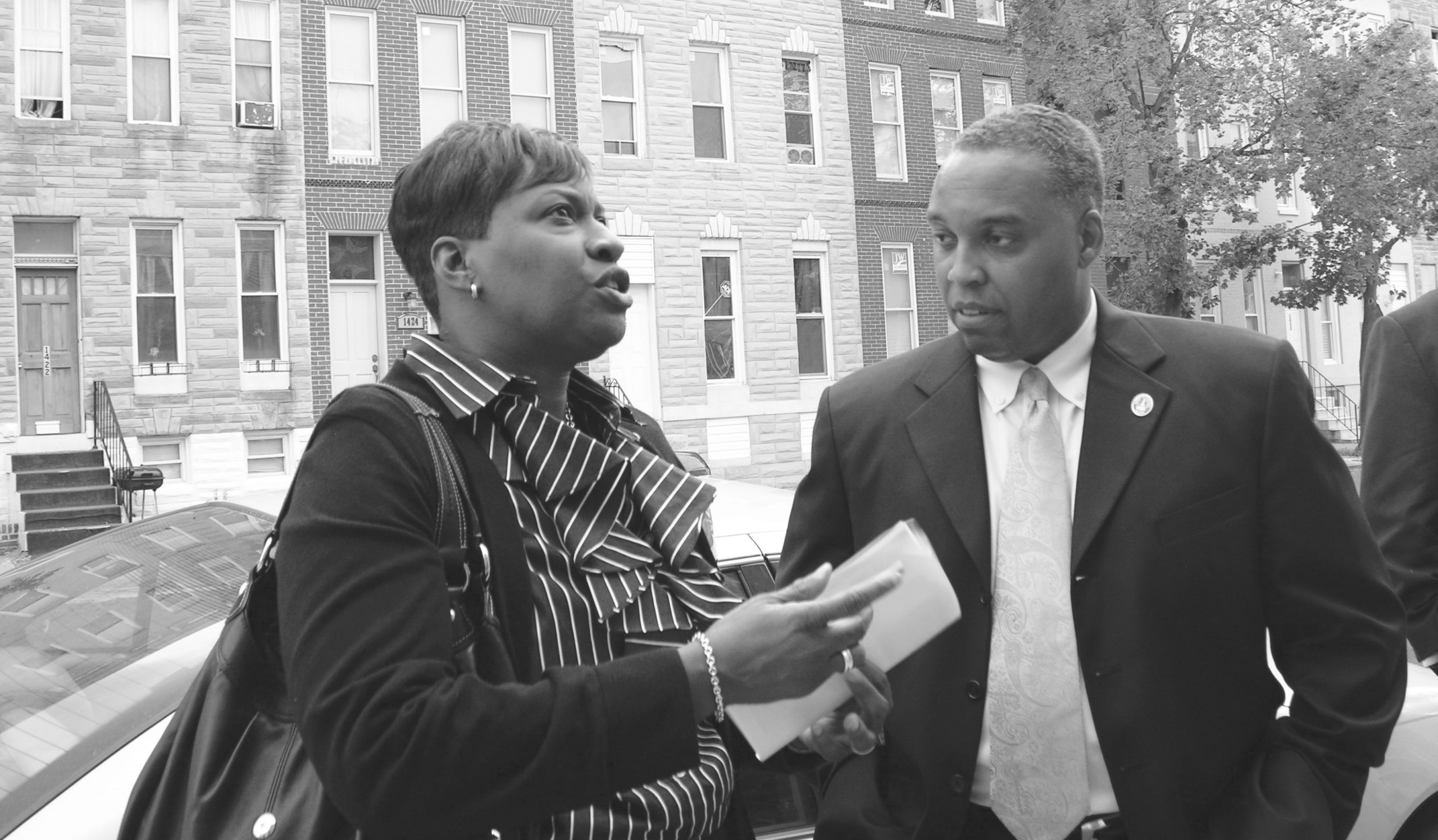Topic(s): Uncategorized
Publication: Championing Leaders of Color
April 26, 2022

Community development unites people to take collective action to build stronger, more resilient places to live. Its roots are embedded in the backyards, living rooms, and church halls of people who, out of sheer will and perseverance, found ways to advocate for change in their neighborhoods. Over time, though, the field of community development has shifted from grassroots movements to the careers of specialized professionals. This shift has led to less racial diversity across the field and too few people of color in decision-making positions, leading to laws, policies, and practices that have perpetuated white supremacy—delivering excessive privilege to whites while disadvantaging Black, Brown, and Indigenous communities.
Championing Leaders of Color reflects an effort to uncover and disrupt the systems that perpetuate racial inequity in the communities we serve and the organizations where we work. Through this work, we aim to identify tactical strategies to promote equitable leadership in the field of community development where leaders of color are welcomed, supported, and equipped to succeed in advancing their careers as well as their organizations’ missions.
This report presents findings from a national survey distributed to stakeholders in the community development field, provides insights into data and trends gleaned from responses, and deliberates implications for leaders in, funders to, and supporters of the community development field to consider in service of equitable results. This work takes a narrow focus specific to community development and identifies barriers to equitable leadership opportunities while offering reparative solutions.
These solutions and tactical, targeted universal strategies should work directly in service of closing racial gaps by paying particular attention to the situations of people of color. With respect to building a robust pipeline of inclusion, nurturing, and growth for future leaders, community development organizations should take several actions at multiple junctures:
- Amplify community development as an opportunity for young people: To build a robust pipeline of future leaders, community development organizations should invest time and energy into sharing their work and impact with younger generations. Through classroom engagements, school partnerships, and other creative ways to expose young people to the work, community development organizations can plant the seeds for future leaders to grow.
- Confront bias in organizational culture: Organizations must take the time to not just participate in equity trainings but to embed equitable policies and practices in their DNA. Community development organizations should implement hiring practices that place more value on lived experiences than academic degrees, consider pay standards to remain competitive in the marketplace, and confront racially charged power dynamics that can exist between funders, boards, and staff. Organizations must also commit to deeper equity work to understand, contemplate, and reckon with implicit bias and structural issues, involving all stakeholders. Community development organizations should be unapologetic to funders, personnel, and partners about the necessity of this deep equity work.
- Build meaningful pathways for advancement within organizations: Talented people will leave companies if they do not see opportunities for growth, which threatens to leave existing leadership gaps in place. Organizations should provide clear trajectories for advancement, especially to mid-level staff, so they do not feel the need to leave a company or field to advance professionally. Organizations should commit to investing long-term in their staff and have clear plans for growth and succession in place.
- Cultivate and nurture networks of support at all levels: People of color face a particular challenge in lacking strong professional and personal networks they can lean on for advice. This rings true for people early in their career as well as senior executives. Organizations should dedicate resources to ensure that staff of color are able to have a sense of interpersonal community with others involved in community development, so they have trusting relationships with people who intimately understand the work.
At its core, the community development field works to advance equitable change for the people and places we serve. To do that work in an authentic way externally, we must act in accordance with those principles within our organizations, too.
Subscribe to join 14,000 community development leaders getting the latest resources from top experts on vacant property revitalization.
